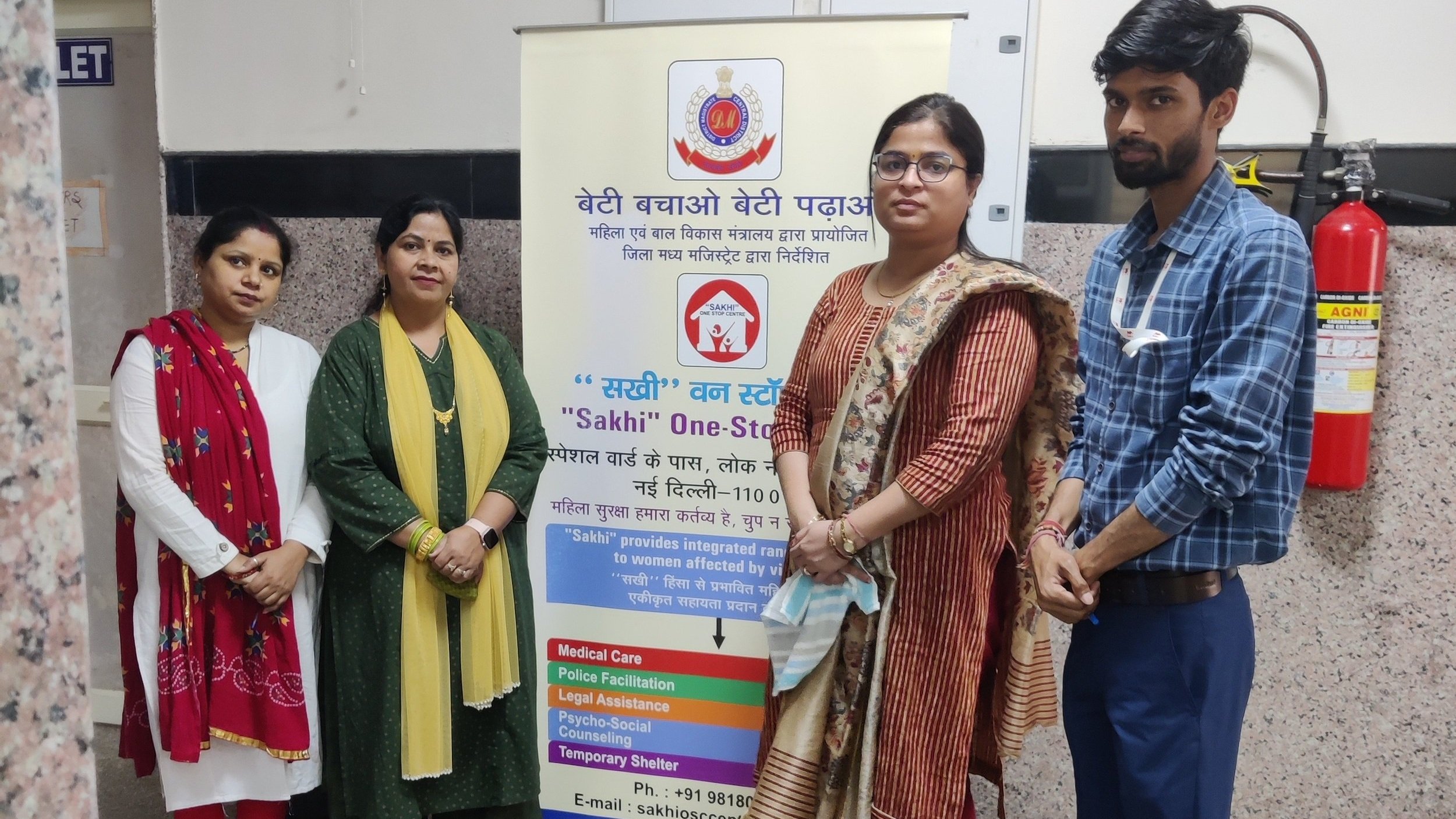Rajneesh Yadav | 20th June 2022
The Role of One Stop Centres

The recently published National Family Health Survey (NFHS-5) demonstrates that violence against women continues to be pervasive in society. While analysing the proportion of married women (between 18-49 years of age) who have faced spousal violence in 2019-20, the survey found that the incidence of such violence has increased in 5 states. In Karnataka, for instance, it has doubled, from 21% to 44%. More than a third of the married women also face spousal violence in Bihar (40%), Manipur (40%), and Telangana (37%). In Delhi, there has been a marginal reduction in violence, with 23% of women claiming to have faced such violence. NFHS-4 (2015-16) showed this to be 27%.
Owing to the need to address violence against women, the 12th Plan Working Group on Women’s Agency and Empowerment (2013) had recommended setting up of One Stop Crisis Centres, on a pilot basis, for providing shelter, police desk, legal, medical and counselling services to victims of violence under one roof integrated with a 24 hour Helpline. One Stop Centres are mandated to provide an integrated range of protection and support services to women affected by sexual and gender-based violence. A more detailed breakdown of services shows us that:
Medical assistance: Involves a referral to hospital through helpline/Centre; if required, the centre must provide the survivor with an ambulance
Police assistance: Involves fasciliating and assisting in filing a First Information Report (FIR/NCR)
Psycho-social support/counseling: provided by empaneled counselers hired on a pro-bono or honorarium basis
Legal aid/counseling: Lawyers empanelled with District Legal Services Authority (DLSA/SLSA) or empanelled on probono basis or for honorarium
Shelter: The provision of shelter would be of two kinds: one Stop Centre for short stay; and Swadhar Homes/ other Shelter Homes for longer periods of stay
Video conferencing facility: to facilitate police and court proceedings
This scheme came into effect in April 2015. As of April 2022, 704 OSCs have been operationalized in 35 States/ UTs. In Delhi, at present there are 11 OSCs operational across each district, being run by Delhi Government. A number of these centres are located near hospitals to ensure that medical services are available for clients at all times.
Cognizant of the important role that these centres play in providing immediate all-round response to survivors of SGBV and the possible linkages with the Talika Network, the M.A.P team has undertaken several meetings with the center's administrators to understand the various services offered, and the accessibility of these for the survivor.
The Talika Network is a collection of over 120 service providers, including ASHA/anganwadi workers, NGOs, focal point persons, clinics, and mahila panchayats, who are capacitated to provide hyper-local support. The addition of OSCs to this network would be greatly beneficial to survivors of SGBV and women at risk. Further, these one stop crisis centres will also be listed and located as a potential referral pathway on our Talika app.
On March 8, 2022, M.A.P launched this one-of-a-kind mobile app which serves as a dynamic digital tool for women and girls from migrant and displaced communities with low literacy levels, limited digital capacity, heightened security concerns and language barriers.
Interestingly, it was also noted that many government facilities were available for survivors, but there remained a lack of awareness which often meant they were unable to access these protection/ support mechanisms. The Talika app, providing information about government initiatives and the location of these centres, could be instrumental in popularising this government initiative, to meet its mandate of helping women in need.


